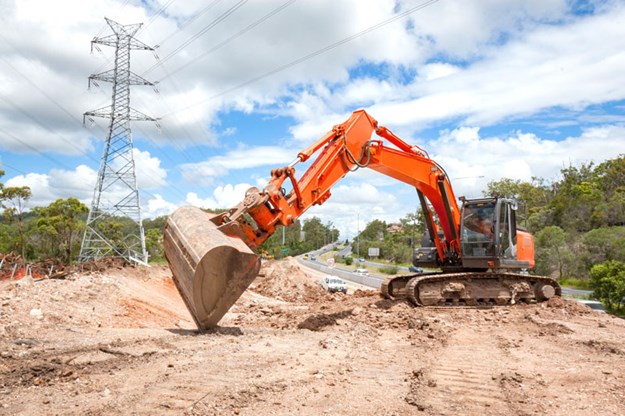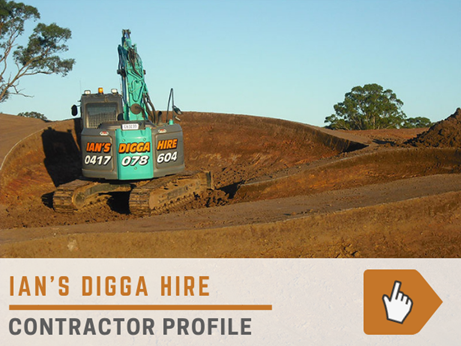Hiring equipment can be the most cost-effective option compared to purchasing new machinery outright, especially when it’s to fulfil a short term job that requires very specific gear.
 |
First of all, the question isn’t: to hire or not to hire. There are countless options. Dry hire is the hire of any equipment with no lubricants and without an operator; this can be a cheaper option but really does increase the need for you to do your homework.
Usually dry hire just means you get the machine (normally, but not always, with a full tank of diesel), but no lubricants and no attachments additional to the standard bucket —unless otherwise arranged.
There are usually also a range of much more comprehensive or ‘wet’ hire options, but you have to be willing to wear the price tag that goes with it.
Regardless of whether you go wet or dry, you need to have a clear idea of what attachments you are likely to need in order to complete the job to a satisfactory standard and without needing to alter the hire arrangement mid-job, which can be tricky and costly — if it’s possible at all.
It’s worth checking that the machine you are looking to hire will have been fully serviced and cleaned immediately prior to being handed over to you. Most hire companies will also provide the operator’s manual and sometimes a dedicated daily pre-operation checklist.
It’s not a bad idea to hire a machine (or a least a make) that the main operator has used before so that they are already familiar with the controls in the cabin, as well as the maintenance check points — if your wet hire included an operator provided by the hire company then this doesn’t apply.
Although all wet hire companies will insist that their people are masterful operators of the particular machine that they will be tasked with using on your site, this is not always the reality, so keep an eye on them at least for the first few days.
Dry hire has become more popular recently due to changes to Work Health & Safety legislation for the use of excavators, dozers, graders and wheel loaders. Discontinued operator licences that were previously issued by Workplace Health and Safety also include those for trenchers, backhoe loaders, skid steer or a scraper, to name just a few.
Probably the most important consideration when looking to hire is knowing exactly what gear you are likely to need in order to do the job and how familiar your operators are with that equipment.
Not until you have this information firmly in hand should you go fishing for quotes, but flexibility on terms of hire should be considered just as important as the price. If it’s your first time hiring then ask people your trust about who they have used for similar jobs in the past and go with a company that has a good reputation for being helpful and flexible when required, even if the overall cost is higher.
KEEP READING


